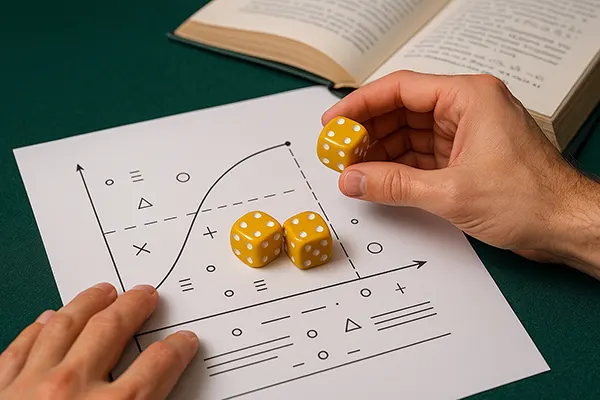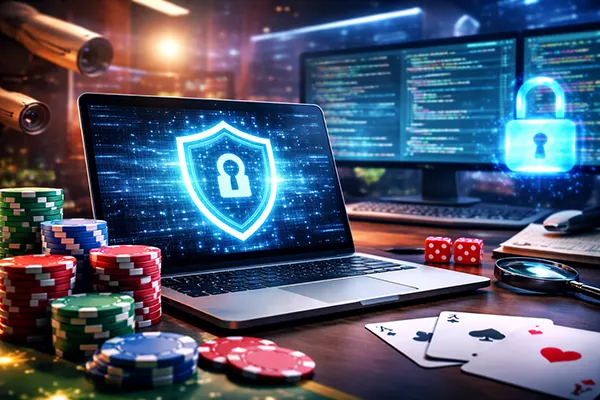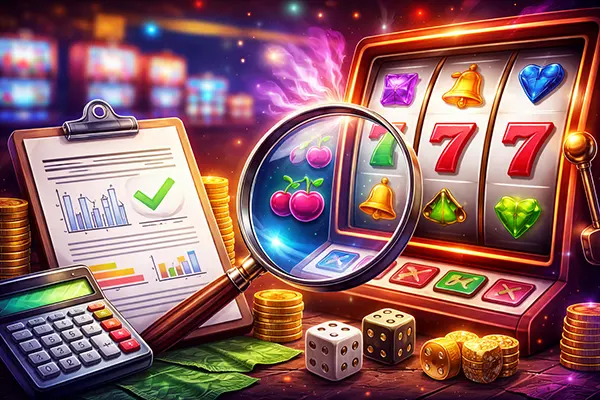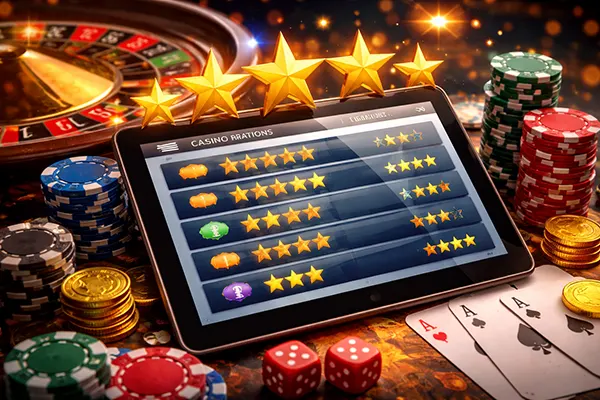
Can You Beat a Live Casino: Analysing Dealer Behaviour from a Probability Perspective
Live casinos have grown increasingly popular due to their immersive gameplay and human interaction, simulating the thrill of a physical casino. But as players explore these environments, a question often arises: is it truly possible to beat a live casino? This article dives deep into the behaviour of live dealers and applies mathematical and behavioural analysis to explore whether any edge can be gained over time.
Understanding Live Dealer Games and Probability
Live dealer games are hosted by professional croupiers and streamed in real time. Players place their bets through a digital interface while interacting with the dealer through chat. Popular live casino games include blackjack, roulette, baccarat, and poker. Unlike RNG-based games, these involve real human action, but the odds remain grounded in mathematical frameworks established by the game rules.
Every game has a house edge—built-in odds favouring the casino over time. In roulette, for example, European tables have a house edge of 2.7% due to the single green zero. Blackjack, with basic strategy applied, offers a much lower house edge of around 0.5%. These edges are consistent regardless of whether a human or computer is dealing the cards.
Although players might believe dealer behaviour introduces randomness, the reality is that human actions in a regulated casino environment adhere to strict protocols. The casino monitors all actions via surveillance and software to prevent deviation, making it nearly impossible for dealer mistakes to impact long-term probabilities significantly.
Does Dealer Behaviour Affect the Game’s Outcome?
There’s a common myth that experienced players can “read” live dealers to predict outcomes. In games like blackjack, where physical card manipulation exists, some players attempt to track shuffling styles or observe dealer mannerisms to infer card order or patterns. However, in professional casino settings, automated shuffling machines and pre-set dealing rules eliminate such opportunities.
In roulette, players might believe in the concept of “dealer signatures”—patterns in how a particular dealer spins the ball. While physical dealers do have habits, the sheer variability in ball speed, wheel velocity, and spin direction makes this unreliable. Studies suggest that any perceivable pattern is more likely the result of confirmation bias than a real exploitable edge.
Ultimately, while dealer behaviour might offer anecdotal curiosity, it does not provide a statistical advantage. Casinos are structured to eliminate patterns and minimise manipulation risks, preserving the integrity and fairness of the game from a regulatory standpoint.
Mathematical Reality Behind Beating the House
Probability theory dictates that in any fair game with a house edge, players will lose over time. This is known as the law of large numbers: the more rounds played, the closer a player’s results will reflect the game’s expected return. Any winning streak is statistically normal, but not sustainable over the long run unless one possesses additional information or leverage—both of which are absent in live casino environments.
Some players attempt to use betting systems like Martingale or Fibonacci to outsmart the odds. While these strategies may create the illusion of control, they do not change the underlying probabilities. A losing streak can wipe out a player’s bankroll far before reaching the desired win, which is why such systems are not recommended by experts.
Card counting is a legitimate mathematical strategy in blackjack but becomes impractical in live dealer settings due to the continuous shuffling and lack of deck penetration. Casinos are aware of this and structure live games specifically to discourage counting and advanced strategies.
Can Pattern Recognition Offer Any Advantage?
Some enthusiasts believe pattern recognition, particularly in games like baccarat or roulette, might unlock a way to beat the system. This typically involves recording outcomes and trying to predict future results based on historical trends—e.g., betting on a “streak” of reds or bankers.
However, these games are based on independent events. Each spin or hand is statistically unrelated to the last. What might appear to be a pattern is often a cognitive bias, where the brain seeks order in randomness. This leads to the gambler’s fallacy—the belief that past events influence future outcomes in random systems.
While tracking outcomes may be entertaining, it offers no predictive power. Casinos count on these beliefs to enhance engagement, knowing that no strategy based on past results can overcome the mathematical house edge built into the game.

Behavioural Economics and Player Psychology
One of the lesser-analysed aspects of live casinos is player psychology. Casinos rely on behavioural patterns to keep users engaged—reward systems, live chat interaction, near-misses, and perceived control all influence decision-making. These subtle cues often lead players to overestimate their chances or feel in control when they are not.
The illusion of skill in games of chance can prompt players to continue betting even after a losing streak. Features such as “hot” tables or leaderboards tap into social comparison and the human tendency to follow others, reinforcing prolonged play even when the odds are against them.
Recognising these psychological mechanisms is essential for responsible gambling. Understanding that the live dealer is not an adversary to outplay, but a component of a highly optimised system, helps players make more rational choices and focus on entertainment rather than expectation of profit.
How Casinos Maintain Their Advantage
Live casinos implement strict regulatory and technological safeguards to ensure randomness and fairness. Dealers are trained not only to run the game but also to follow strict procedures that reduce human error and manipulation risks. All sessions are recorded, and outcomes are verified by software to detect anomalies.
RNG verification in shufflers, wheel calibration in roulette, and regular audits by third-party regulators like eCOGRA or GLI ensure compliance. These steps solidify the casino’s statistical edge and protect the integrity of live games, maintaining player trust and legal operation.
Despite being hosted by real people, live games are mathematically consistent. Any attempt to “beat” the system must contend with these built-in advantages. The smartest approach is to understand the odds, enjoy the game responsibly, and avoid chasing patterns or theories that defy probability.




